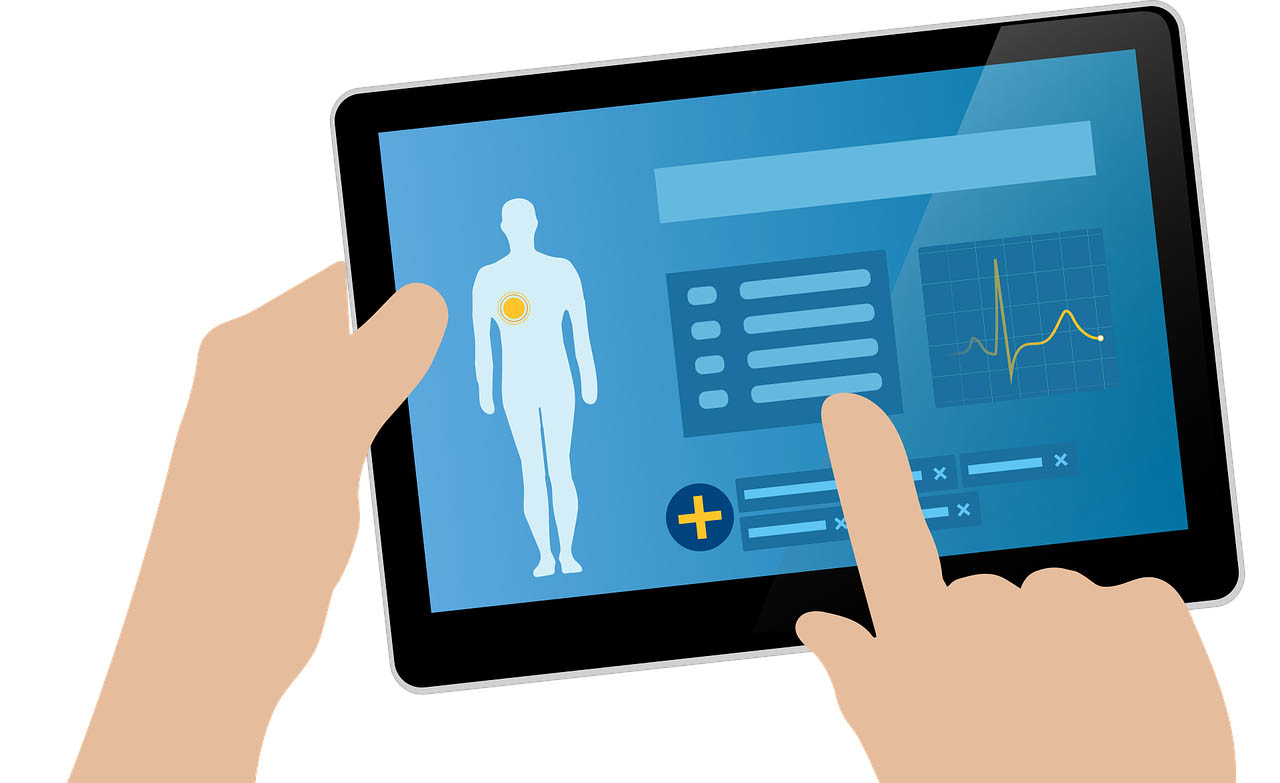How Precision Medicine Will Change Our Health

PREMIUM CONTENT for MEMBERS ONLY
By Marvin Singh, MD
Precision medicine is a game changer in how we define health—or what it means to “be healthy.” We now have the technology to go in and see what’s true for you–just you. This means we can see how healthy you actually are, or what could use improvement, and make adjustments from that information.
It also lets us look at your risk factors for certain diseases and then make decisions to hopefully prevent—or at least prolong—their onset, such as breast cancer, heart disease, or Alzheimer’s. Even more fascinating, we can also see where you might be prone to injury, which is definitely a game changer not only for professional athletes, but for anyone who engages in sports or physical activity.
In short, precision medicine is our ticket to better health, for longer. This is why I wrote my newly released book, Rescue Your Health. I wanted to bring this message to the public and let everyone know that there are always things we can do to take control of our health and reduce our risks.
“There are many ways to get started at looking into your health on a more personalized level.”
There are many ways to get started at looking into your health on a more personalized level. Sometimes checking some simple blood tests to get an idea of what your cholesterol, vitamin levels, inflammatory levels, and hormone levels are, is a great place to start. When we want to dive deeper, we can look into our genetics, see how balanced our gut microbiome may be, investigate our personal toxic burden, and see how well our mitochondria are working (these are the energy powerhouses of the cell). It can be even more helpful to use these kinds of tests and combine them with imaging studies as well. Getting whole body imaging to screen for cancers, dedicated brain imaging to evaluate risk for neurodegenerative disorders like Alzheimer’s Disease, body composition imaging to understand your internal BMI (a much better predictor of heart disease, stroke, and cancer), and several other kinds of tests can offer us an even more in-depth evaluation into how our body looks on the inside. I review all of these, and more, in Rescue Your Health.
There is a good reason why it is important to look at all of these different elements of our body. That reason is because the body needs and depends on a very wide variety of factors that can either help us be well or drive us towards chronic disease. It is important to look at as many different things as possible in order to make the best conclusion regarding what is best for you. For example, we can look at your genetics and make certain conclusions about your health and your risks. But if we were to combine that data with information from your gut, hormones, environment, mitochondria, and imaging, you can imagine how much more specific we can get to help you optimize your health.
“…we all want to know how we can personalize our diet and live our lives so that we can be the healthiest versions of ourselves.”
At the end of the day, we all want to know how we can personalize our diet and live our lives so that we can be the healthiest versions of ourselves. It’s really not practical to do this by mirroring what others are doing for themselves or experimenting with numerous different protocols. I always say, “If you want to know what’s going on, then let’s find out!” This is a very simple statement, but it speaks volumes at the same time. If you don’t know what’s going on under the hood, how can you optimize your health? There are many people who have significant heart disease, and they might not know it. Just like there are people who may have cancer but won’t be diagnosed until it has already progressed to a more concerning stage. Far too often we hear stories about the person who is a “health nut” who just suddenly had a heart attack or someone who was doing just fine and then all of a sudden had a stroke or hemorrhage from a brain aneurysm. These stories happen all too often. The key point about precision medicine is that we have the ability to identify problems and take actions on them before they impact our quality of life significantly.
“There are two kinds of doctors: the kind that will run into a burning building to save your life and the kind that will ask you why you would be anywhere near that building in the first place.”
There are two kinds of doctors: the kind that will run into a burning building to save your life and the kind that will ask you why you would be anywhere near that building in the first place and then make a plan with you to help you avoid ever having to be near that burning building. This is the difference between sick care and well care. We need both kinds of doctors. That will always be the case. But when we have the choice to be proactive and customize our lifestyle based on our personal information, then we have the upper hand….then we can rescue our health! The future of medicine is here!